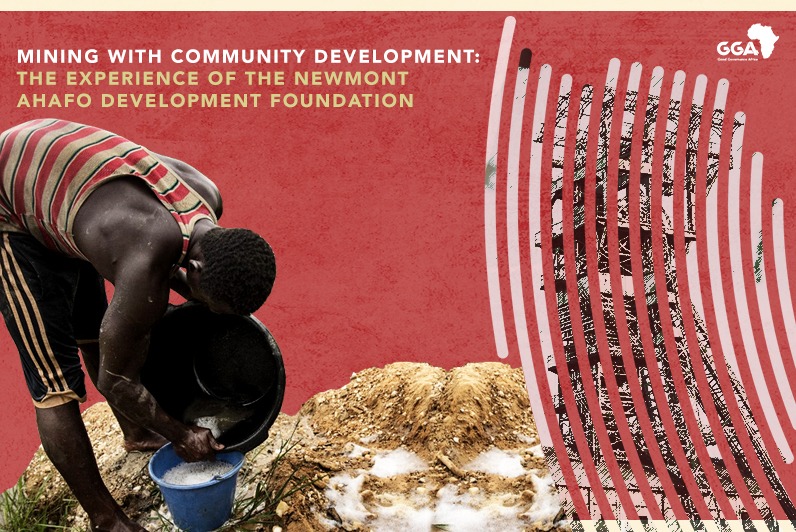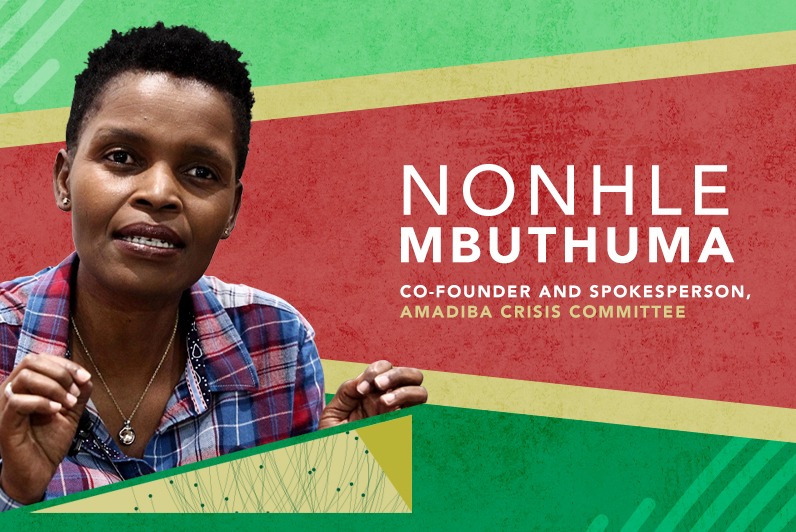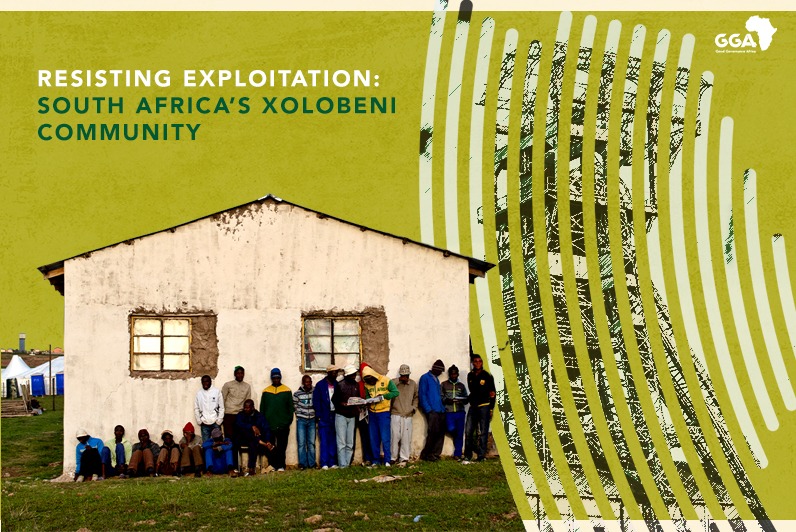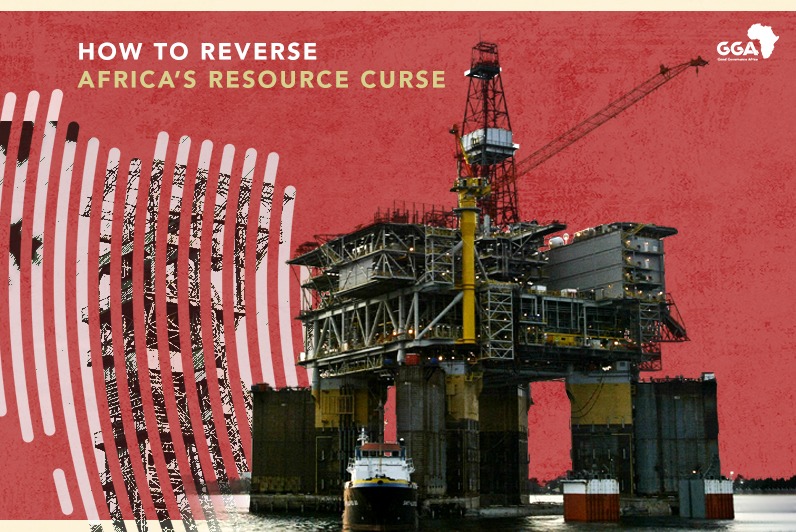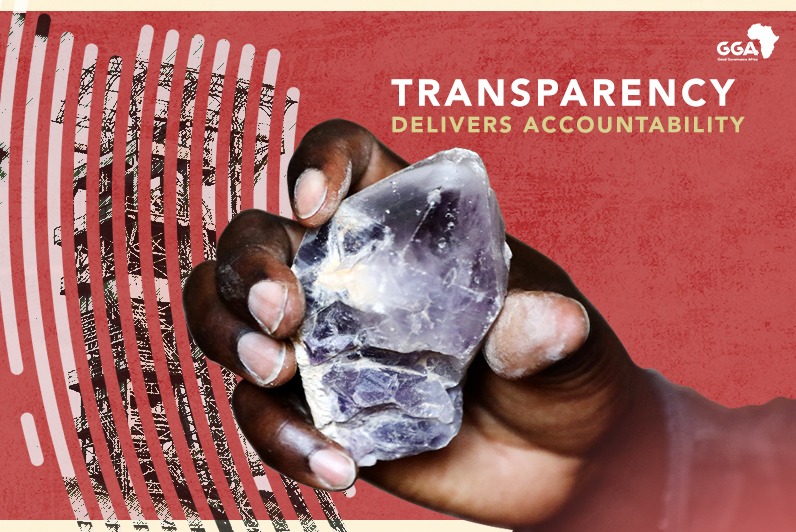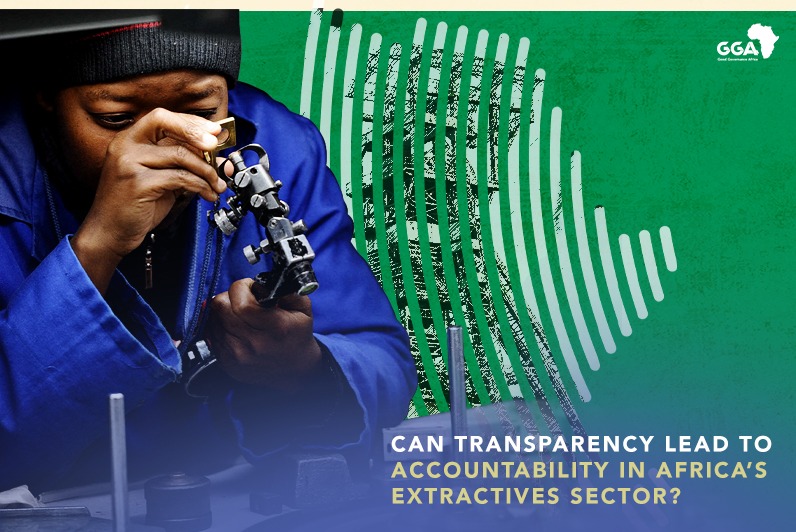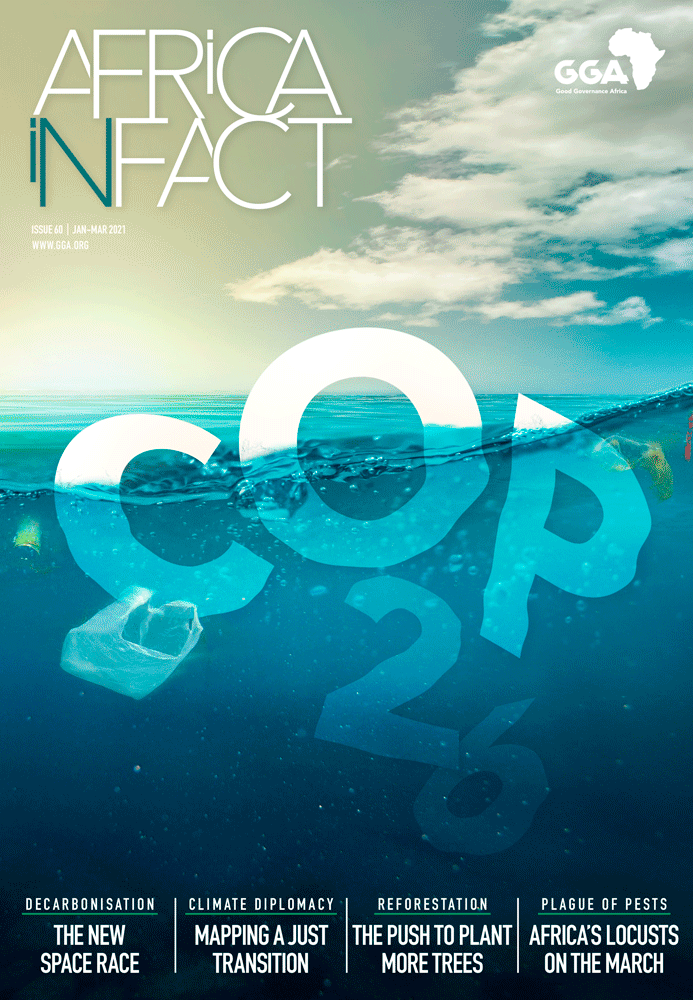What is the focus of this GGA Programme?
Articles from this programme
Mining with Community Development: The Experience of the Newmont Ahafo Development Foundation in Ghana
Development is fraught with several “backs-and-forth”, leaving us with no universally accepted way to realise development aspirations.
Busisipho Siyobi in conversation with Nonhle Mbuthuma
Lead Researcher in the Natural Resource Governance Programme at Good Governance Africa, Busisipho Siyobi speaks to Co-founder and Spokesperson of the Amadiba Crisis Committee, Nonhle Mbuthuma, who represents the Xolobeni community.
Social licences and community rights: An assessment of the Xolobeni community
The Xolobeni community refers to a group of people from five coastal villages on South Africa’s Wild Coast who have been resisting plans to exploit world-class deposits of titanium-bearing minerals on a section of this coastline for almost fifteen years.
Reversing the ‘Resource Curse’ in Africa: what can be done?
The African continent is rich in natural resources like gold, diamonds, oil, bauxite, coltan, and much more. Several countries such as Nigeria, Angola, Democratic Republic of Congo and Chad, among others, have not been able to translate these resources into development for the benefit of its people.
Governance matters: How can transparency lead to real accountability in the extractives industry?
Given the fragile socio-political and environmental context in which the extractives industry so often operates in Africa, transparency is an absolute necessity for companies if they are to be regarded as good neighbours, and avoid becoming embroiled in destructive conflict.
Governance matters: How can transparency lead to real accountability in the extractives sector in Africa
Extractive resources are different from other resources in many ways. To begin with, extractive resources (petroleum, minerals, etc.) are strategic and can even make advanced countries such as Japan depend on less developed countries like Angola and Algeria.
READ BETWEEN THE LINES
Sign-up to our newsletter to get the inside track on Africa
Natural Resource Governance
Our Natural Resource Governance team is committed to reversing the ‘resource curse’ – the paradoxical relationship between natural resource wealth (minerals and hydrocarbons especially) and underdevelopment. It turns out that institutional quality is the key determining factor for resource wealth to translate into broad-based development. We therefore aim to build institutions underpinned by transparency and accountability in the extractives industry. To these ends, we advocate for the implementation of the Africa Mining Vision in each mining jurisdiction across the continent.
The programme ensures that the various disparate attempts at improving extractive industry governance on the continent are better coordinated to gain maximum traction. Our NRG team works closely with the GIA team to produce our monthly Intelligence Reports, as the mining industry is a key element of our target audience.
We specialise in enhancing Environmental, Social and Governance (ESG) performance for mining industry and related firms doing business in Africa. We differentiate ourselves by not only providing ESG improvement insights but also by being an independent broker between the private sector and African governments.
Our NRG programme provides politically workable, regional solutions that connect mining with green industrialisation. The continent, on average, is facing ‘premature deindustrialisation’ and associated extreme youth unemployment. As new technologies associated with the fourth industrial revolution advance, mining will no longer be a large employer, and this poses significant governance challenges that we specialise in helping governments and firms to navigate.
New technologies allow for mining to be both safer and less environmentally invasive. This allows for higher margins, creating wealth that should serve as a catalyst for connecting mining to other sectors of the economy. These connected sectors can feasibly be developed to tap into global value chains, especially those that feed the fourth industrial revolution, and specifically the energy and transport revolutions within that domain.

